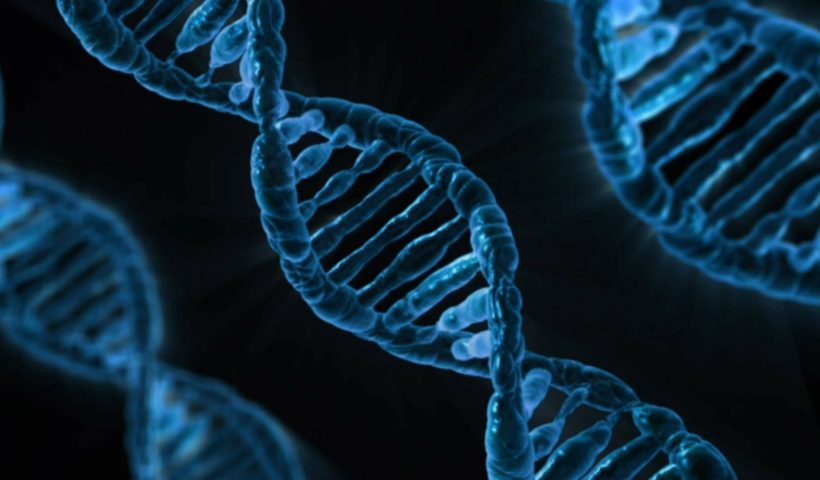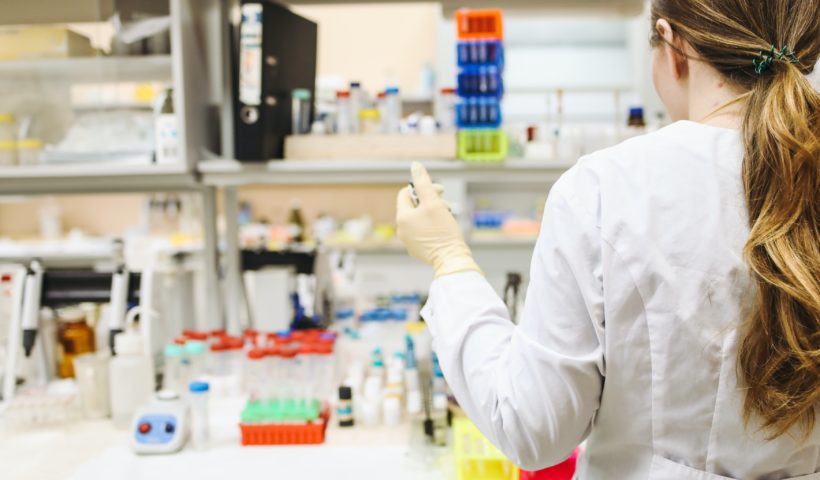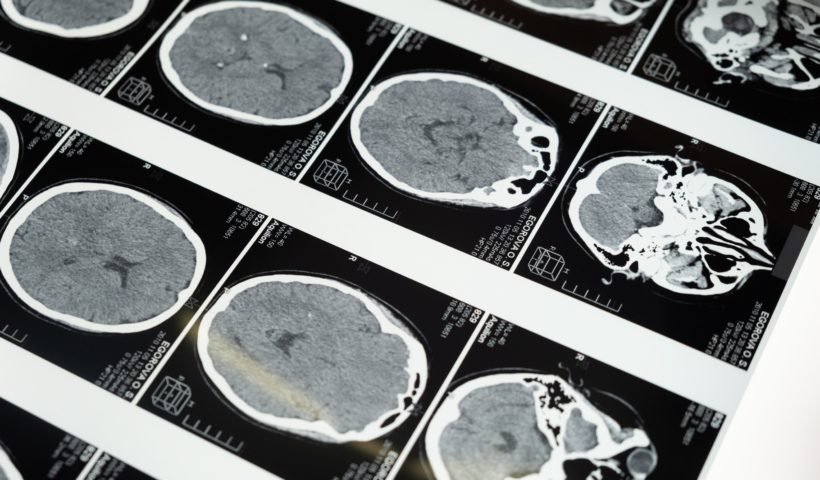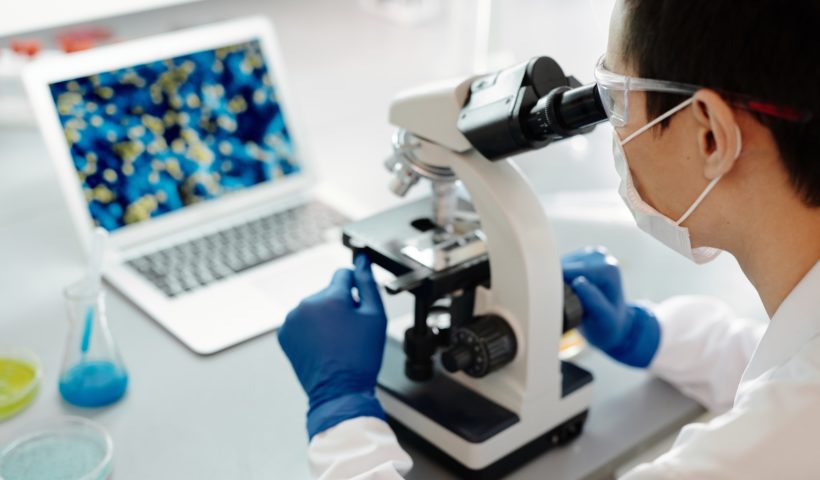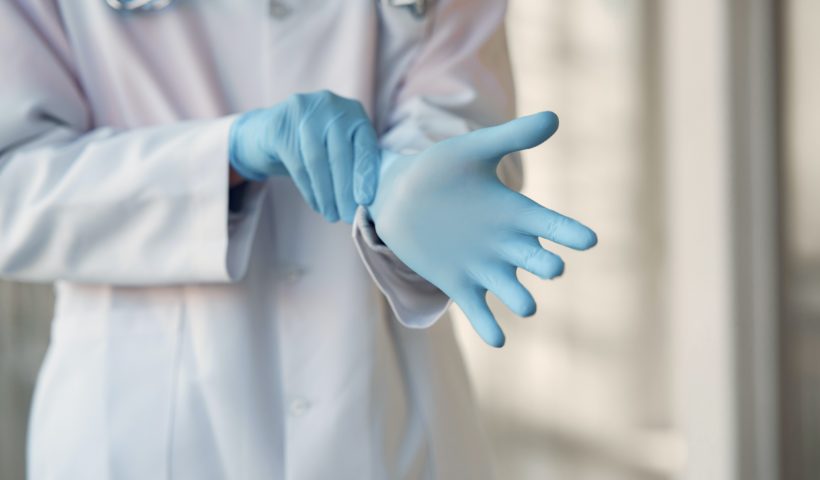Thirty-two million Americans currently have health conditions linked to genetic defects, nearly all of which can be corrected by genetic editing with CRISPR-Cas9 technology. Opponents of gene editing abound, from those who point to their potential role in increasing the privilege gap between the rich and poor, to people who object morally to the idea of humans meddling with their own DNA, to pharmaceutical companies whose profits would be threatened by a reduced need for medication. However, after analysis of the ethicality of genetic editing technology with the frameworks of common good, utilitarianism, and fairness, it is evident that the eventual species-scale benefits that will be brought about by the technology outweigh its risks and flaws.
View More Curing the Human Condition: The Ethics of Editing Our Own DNACategory: Volume 5 Issue 2
Animal Testing as a Means of Survival
The morality of animal testing has been widely debated since its origins in Ancient Greece. Testing on animals allows the evaluation of new drugs and procedures without harming humans but raises the question of whether animals should be forcefully used for human gain. This paper recommends that animal testing only be used for approved medical research necessary for human survival and when all other animal-free methods are inadequate. If researchers need to use animal testing, they must scrupulously follow guidelines to minimize animal pain and suffering.
View More Animal Testing as a Means of SurvivalThe Ethical Challenges of Neural Technology
Neural engineering is an emerging interdisciplinary field that utilizes engineering techniques to discover the function and manipulate the behavior of the human brain. Current research in neural engineering focuses on the development of treatments for neurological disorders that deplete the health of the nervous system and explores how the nervous system operates in both health and disease. Neural engineering has huge potential to relieve suffering in those who have lost functionality in their nervous systems, but the further development of this technology raises a number of ethical questions about identity, privacy, responsibility, and justice. These questions must be thoroughly addressed in order to guarantee the most responsible future development and use of neural engineering technologies.
View More The Ethical Challenges of Neural TechnologyBiohacking: The Ethical Implications of Democratizing Biotechnology
Biohacking is a Do-It-Yourself movement that encourages experimenting with biotechnology tools to find ways to improve one’s health and enhance one’s natural capabilities, and many in the movement advocate for the democratization of scientific tools so that everyone can participate in such scientific discovery. However, some biohackers take their experimentation to the extreme, and not all of them seem to understand the responsibility and risks associated with the scientific methods they employ. As a result, tension between the biohacking community and the professional science community has grown as biohacking continues to increase in popularity. Though the biohacking movement makes salient points about the way ethical precautions and regulation slow innovation, this paper explores the need for codes of ethics governing the pursuit of scientific discovery and how biohackers and traditional, trained scientists can reach common ground.
View More Biohacking: The Ethical Implications of Democratizing BiotechnologyWhy We Should Embrace Artificial Wombs
A human fetus developing outside of a uterus may seem like science fiction at first, but artificial wombs are quickly becoming a reality. They’ve already been tested successfully on lambs, and some researchers predict they’ll be ready for human use in less than a decade. Despite criticism from opponents who see artificial wombs as “unnatural” or believe they will be harnessed to create genetically modified “designer babies,” this paper argues that the technology, once proven safe, is wholly ethical – and in certain cases, it may even be unethical not to use it.
View More Why We Should Embrace Artificial Wombs
